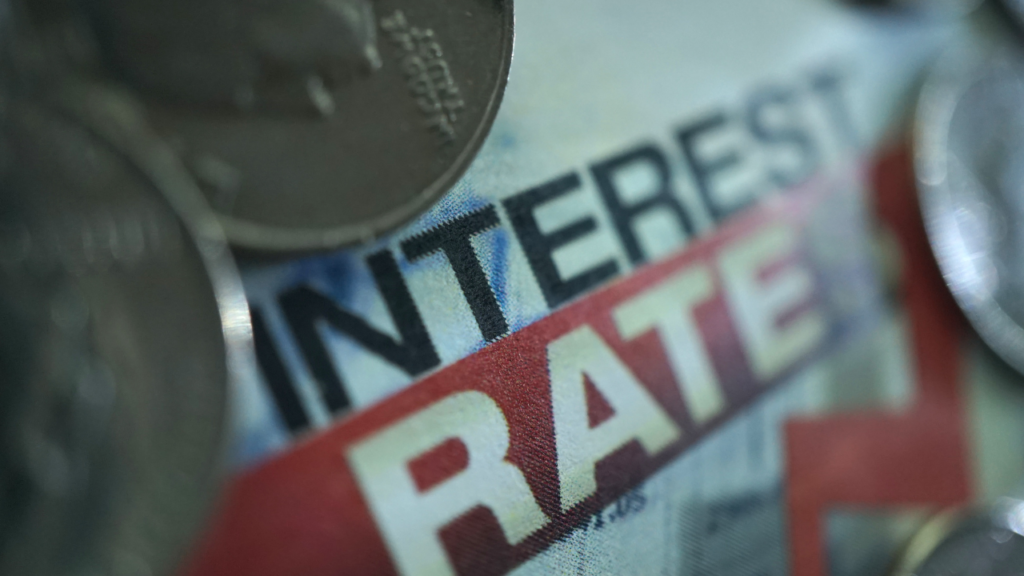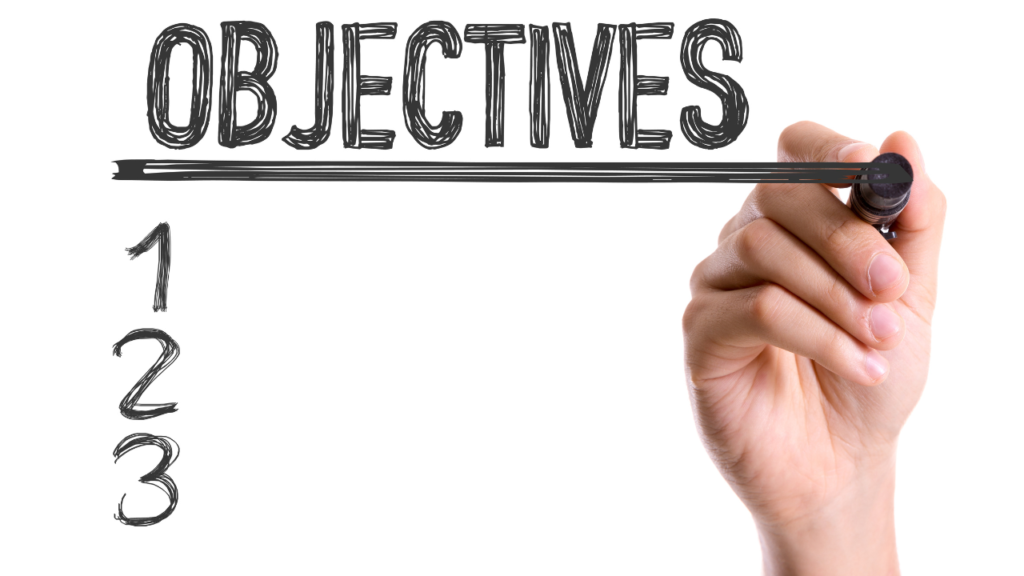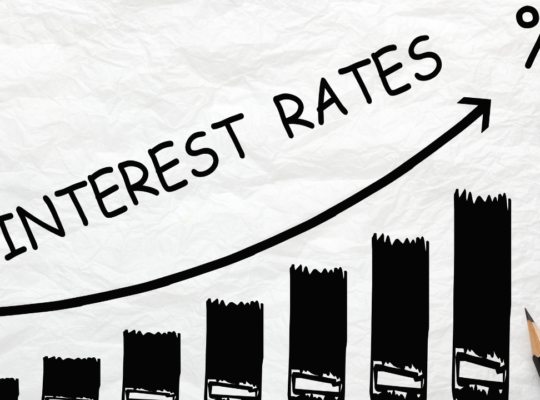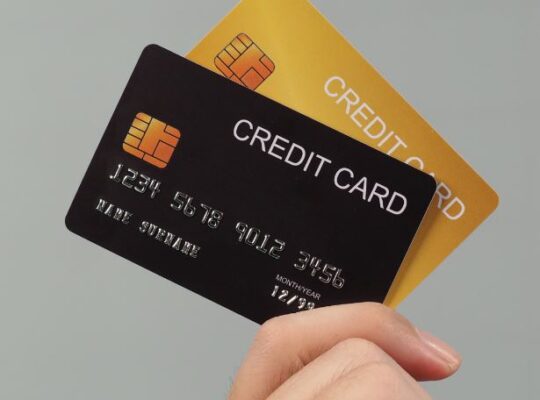Answering this topic might be difficult since there is no single correct method. In some instances, it may be preferable to invest every extra rupee towards debt repayment. However, in most cases, the answer is not that clear-cut, since in certain cases, you may wish to prioritize saving, while in others, it is better to lower your existing debt.
The simple Money mantra is “Spend less than you earn”. If you’re lucky enough to have an income that exceeds your expenses, it might be difficult to figure out how to put that extra money to good use.
Is it preferable to pay off your debts or save them?
Examining a few key elements will help you decide whether to save or pay off debt. Making an educated selection may have a significant impact on your money.
ASK YOURSELF THESE 7 QUESTIONS TO DETERMINE HOW BEST TO UTILIZE YOUR EXTRA CASH:
1. Is there an emergency fund in place? If you don’t have any savings, putting money aside is an excellent starting step. Even if you have high-interest debt, setting up an emergency fund before fighting your debt can offer you with more financial security. You’ll also sleep better at night. For most families, saving a few months’ worth of costs is sufficient. If you don’t have an emergency fund, it might jeopardize your financial ambitions. If an expensive emergency occurs, such as an unanticipated medical bill, and you do not have an emergency fund in place, you may be forced to incur more debt to meet those unforeseen expenditures, increasing your debt load even higher.
2. How risky is my source of income? You need to ask yourselves a few questions – “Have you been with the same firm for more than 15 years and plan to stay for another 15? Is your firm in trouble? Do you have any concerns with your boss?” – All these questions may lead you to arrive at a conclusion whether your income source will be stable over a longer period of time or not.

A consistent income would support debt repayment, but less stable work would tilt the balances in favour of saving.
3. What is the rate of return on my investments? Money you save can earn more money for you. Knowing whether to save or pay off debt is heavily influenced by your investment returns. So if you can earn a higher rate on your assets than you are paying on your debts, then it is better to save than to pay-off your debt. But you need to ensure that you are able to consistently save, so that you are better off by investing. Irregular investments will not fetch the desired outcome and hence rate of return of your investments will be lower than the debt interest rates.
4. What is my debt’s interest rate? Your credit card interest rate might be as high as 20%. Nobody, not even Warren Buffett, can consistently get that type of return on investment. If you had an emergency fund, it would make sense to pay down your high-interest debt. Paying down a 15% debt is as equivalent as getting a 15% return.
If you routinely earn 10% on your investments, putting additional money towards debt with an interest rate less than 10% makes little financial sense. You might pay the bare minimum on your debts and invest the remainder.

Any loan with an interest rate higher than your investment return qualifies for your additional income, if the loan is repaid earlier.
5. What is the current savings account interest rate? If you are not yet an investor, then you need to explore the options of getting higher interest rates from a savings account or other comparable accounts. Generally, interest rates on these accounts are almost certainly less than the interest rate on whatever debt you have. So, you need to strike a balance between both these. The best solution here is to start investing. The biggest step in your investment journey is to get started, irrespective of your age.
6. What are my financial objectives? If you’re nearing retirement and have lots of money already saved up, get on to pay off your debt first. However, if your child is going to college next year, saving may be a better alternative. You must first determine what your goals are and how the decision to pay off debt or save will affect these goals. Not only for your long term goals, even if you have an upcoming expense, like a vacation or a down payment for a car, you should focus on setting aside money to cover these short term financial goals first, so that you don’t have to go deeper into debt to pay for these expenses.

7. What matters most to me? Our daily financial decisions are heavily influenced by emotion. Evaluate whichever option gives you the most at peace. Having a substantial quantity of money in the bank might be really soothing for some of us. Some people wish to be debt-free. For most people, being in debt triggers a negative emotive response. As a result, when deciding whether to pay off debt or save, they choose to pay off debt first, even if their financial numbers don’t always support that option. The disparity will be marginal if your investment return and loan interest rate are similar. At the end of the day, it is vital to feel at peace and calm about your finances.
To summarize, paying off debt and saving are both excellent uses of additional cash. No matter which order you do them in, you’ll end up better-off because you’re making an effort for a better financial life. So, either option is preferable than spending it unnecessarily. The best solution for you will be determined by your unique circumstances.
It is feasible to strive towards debt repayment while still saving, but you must prepare ahead of time and devise a strategy that works for you. Perhaps you can create a budget that incorporates both saving and debt repayment, such as giving a piece of your spare cash to debt repayment and a bit to saves each month. As you pay off more debt, you will have more money to save and will be closer to reaching your financial objectives.





